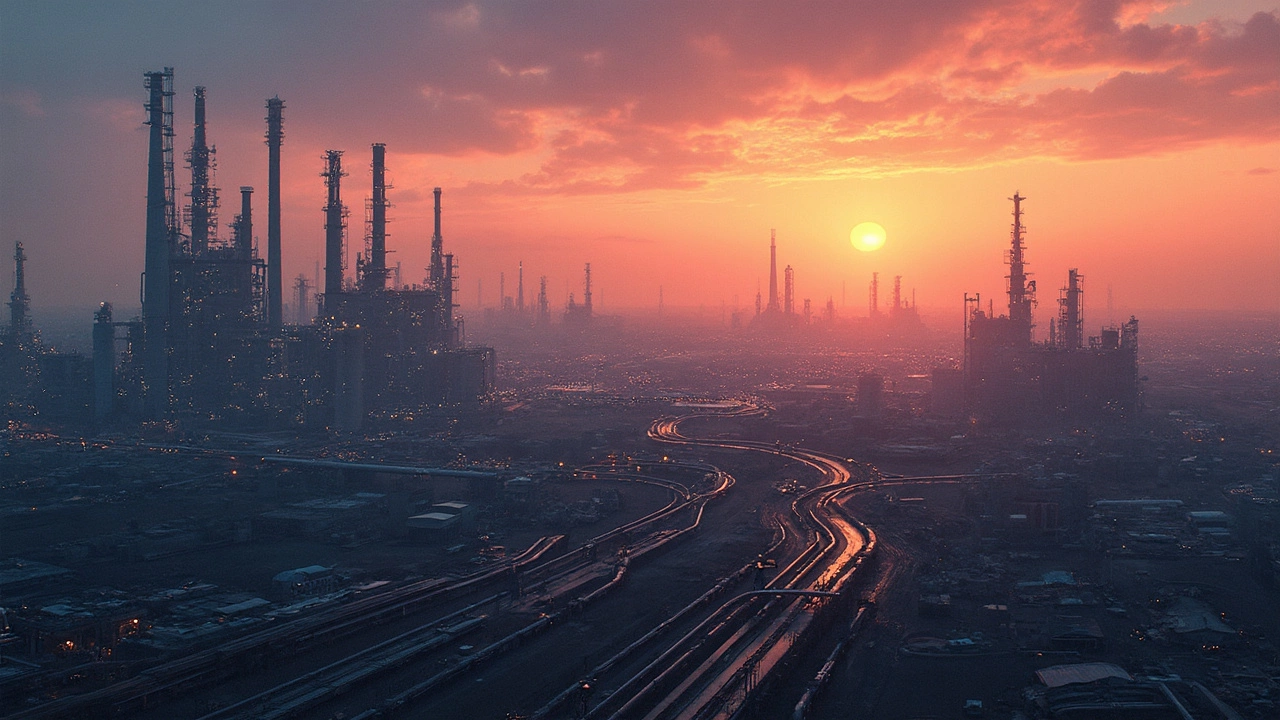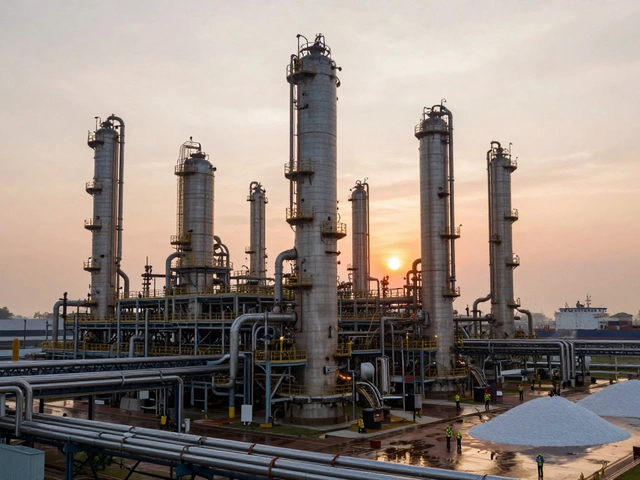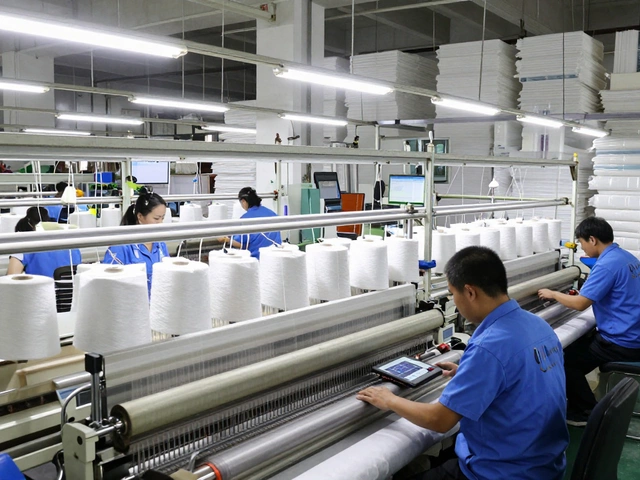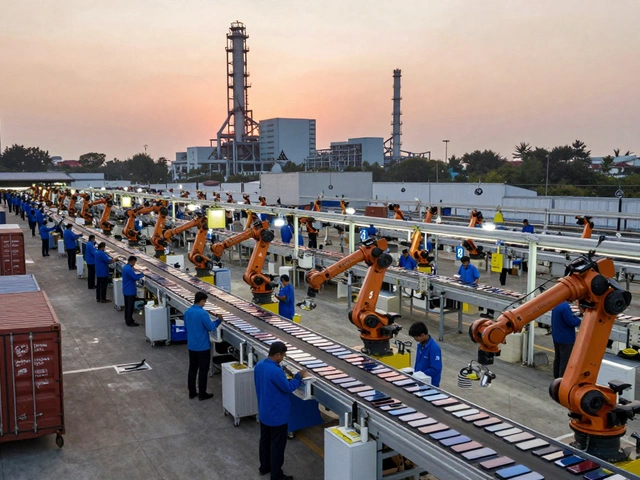Industrial Chemicals: What You Need to Know
Did you ever wonder what keeps a factory running day after day? The answer is often a mix of acids, solvents, powders, and polymers that we call industrial chemicals. These substances power everything from steel plants to pharma labs, and they affect the products you use at home.
Major Types and Their Everyday Uses
In India the chemical market is dominated by a few big groups: acids for metal cleaning, solvents for paints and coatings, and polymers for plastics. For example, sulphuric acid is a workhorse in fertilizer production, while ethanol serves as a solvent in cosmetics and cleaning agents. Specialty chemicals like alkylamines help make detergents that keep clothes fresh, and epoxy resins give strength to automotive parts.
Small‑scale manufacturers often start with basic inorganic chemicals and then move up to organic intermediates as they grow. Knowing which type fits your production line can save money on raw material purchases and reduce waste.
Safety, Regulations, and the Move to Green Chemistry
India tightened its chemical rules in 2023, banning a list of hazardous substances that were common in older factories. Chemicals such as mercury, lead‑based paints, and certain chlorinated solvents are now restricted. If you’re planning a new plant, check the latest Banned Chemicals in India list before you sign any supplier contract.
Beyond compliance, many companies are adopting “green chemistry” to stay competitive. This means swapping toxic solvents for water‑based alternatives, using renewable feedstock for polymers, and recycling waste streams back into production. The shift not only cuts regulatory headaches but also appeals to customers who care about sustainability.
Practical steps to go greener include installing closed‑loop ventilation, investing in real‑time emission monitors, and partnering with local waste‑to‑energy firms. Small changes—like switching to a less‑volatile solvent—can cut disposal costs by 20% or more.
When you’re sourcing chemicals, look for suppliers that provide full safety data sheets (SDS) and have ISO‑9001 certification. Reliable data helps you train staff, design proper storage, and avoid accidental spills that could shut down production.
Finally, keep an eye on emerging trends. Biobased polymers derived from plant oils are gaining traction, and electro‑chemical processes are replacing heat‑intensive reactions in many sectors. Early adopters often enjoy lower energy bills and a stronger brand reputation.
Whether you run a big plant or a modest workshop, understanding the types of industrial chemicals, staying on top of regulations, and embracing greener methods will keep your business safe, compliant, and ready for the future.
Top Chemical Used in India: A Look into Its Industrial Impact
India's chemical industry, one of the biggest globally, heavily relies on sulfates, with sulfuric acid as the leading player. Used across various sectors, from agriculture to energy, it dramatically influences production efficiencies. Delving into this chemical's wide applications offers insights into its role in India's economic and industrial landscape.
Read More



